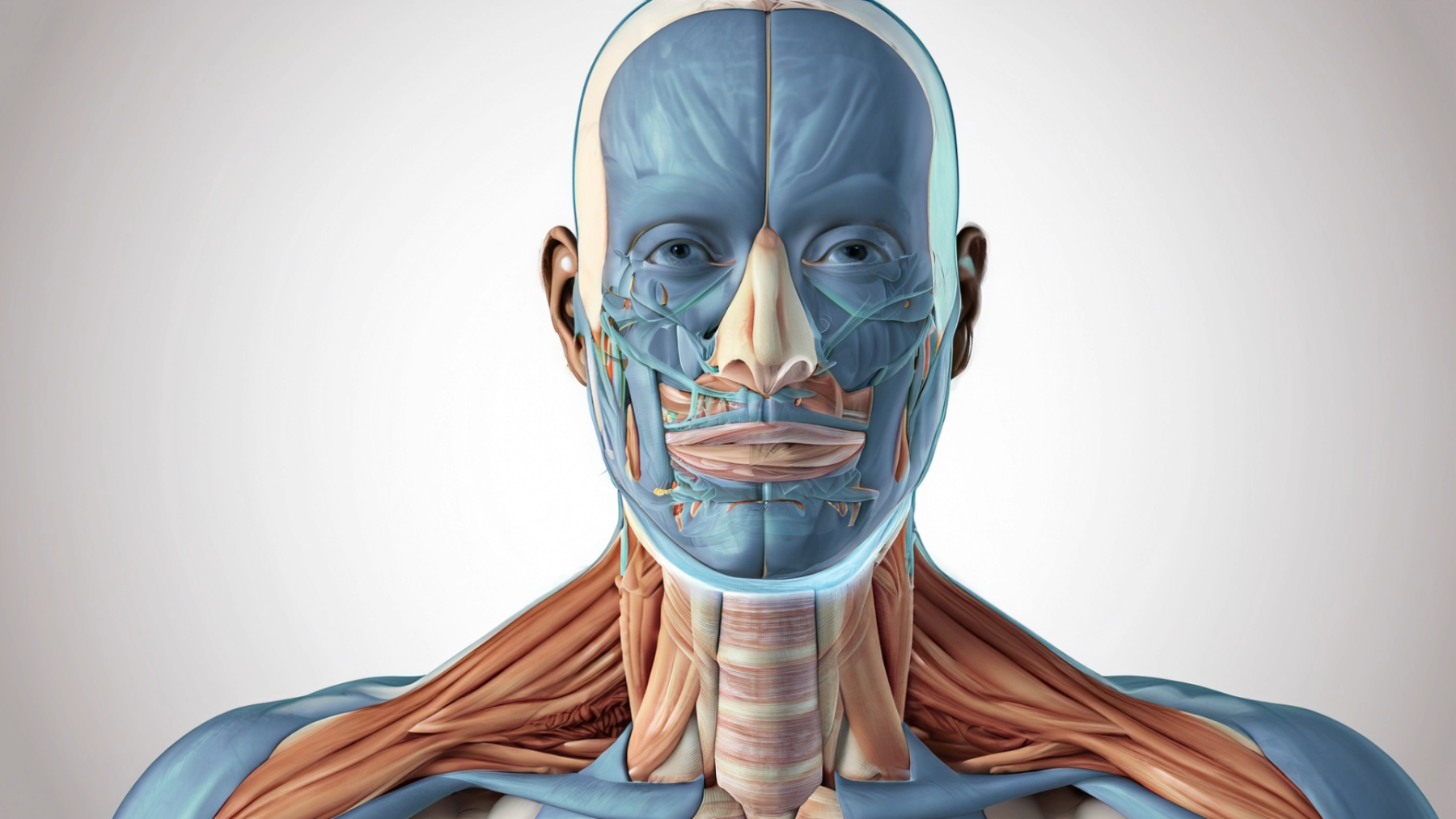
I'm Too Hot to Learn
by Leslie Gudger
Human cells function best within a specific temperature range. Recent scientific data has shown that extreme high temperatures can have detrimental effects on our cells. In fact, repeated exposure to extreme heat (like the 31 consecutive days of 110-plus degree weather we endured in 2023) can damage brain cells, cause inflammation in the brain, and exhaust cognitive reserve. How do we expect our students to gain and retain information under this steadily changing environment? Students will be conducting research on this scientific concept and creating a video to show their findings.
Lesson Grade Level
7th GradeLesson Plan Link/URL
https://docs.google.com/presentation/d/1F3bmMOpqqZUP8GVj-qLRIrPkKyE2ehRo/edit?u…Subject Area
Science Life Science L1: Cells Technology 1. Empowered Learner 3. Knowledge Constructor 6. Creative Communicator English Language Arts (ELA) Reading (Informational Text) Speaking & Listening
Featured
Off
Related Content

Grades:
Kindergarten, 1st Grade, 2nd Grade
What lives underground? Kinder- 2nd grade students will dig into the life found underground in this 3-part series. In this lesson, students will dig underground to extract soil, investigate/evaluate

Grades:
6th Grade, 7th Grade, 8th Grade, 9th Grade, 10th Grade, 11th Grade
Description: In this engaging lesson, students dive into the fascinating world of bone anatomy by creating styrofoam models of bones and simulating fractures. Through hands-on activities, students use

Grades:
9th Grade, 10th Grade, 11th Grade, 12th Grade
The lesson plan consists of three labs that students can perform to investigate photosynthesis by preparing a slide and observing the chloroplast, test for the presence of glucose in leaves and